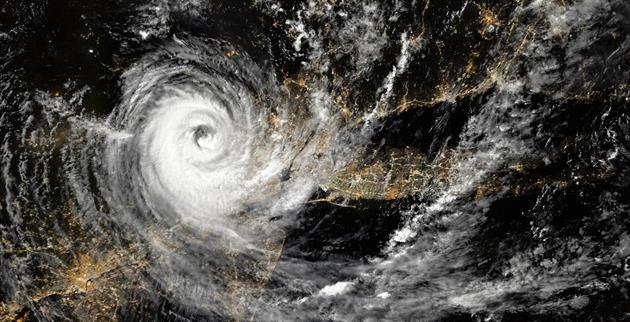8 Post-Hurricane Safety Tips


If a hurricane or tornado has just hit your area, it’s a good idea to brush up on these key safety do’s and don’ts!
8 Post-Hurricane Safety Tips
Brush up on these hurricane safety tips to ensure you know what to do, and most importantly, what not to do – to keep your family and home protected.
The Northeast is in the unenviable position of receiving various hurricane-related threats anytime between June and November each year: coastal inundation due to the storm surge, widespread wind damage and widespread inland small stream and river flooding due to torrential rains.
If a hurricane or tornado has just hit your area, it’s a good idea to brush up on these key safety do’s and don’ts!
DON'T Return home if you evacuated for a hurricane until authorities have declared it safe to do so. If authorities won't let you return home and you need a place to stay, text SHELTER + your ZIP code to 43362 (4FEMA) to find the nearest shelter in your area.
DO Carefully inspect any home or building before entering, and use extreme caution. Wear protective gear like goggles, work gloves, sturdy boots, and breathing masks to avoid exposure to harmful materials like lead, asbestos, cement, or mold.
DON'T Enter a building if it has visible structural or fire damage from a tornado or hurricane, or one that smells like gas, has nearby downed power lines, or is flooded. Floodwater can be especially dangerous as it can be contaminated by gas, oil, and raw sewage, or be electrically charged from downed power lines.
DO Turn on a battery-powered flashlight before entering a damaged home or building that was evacuated. An electrical spark made inside an enclosed space could ignite gas if a leak is present.
DON'T Drive through floodwater. You should drive around water whenever possible because it may be deeper than you think, or contain dangerous objects you can't see. If you can't avoid the water, turn around and find an alternate route.
DO Take photographs of any and all damage to your home, property, cars and other personal possessions.
DON'T Use a generator indoors. They omit deadly levels of carbon monoxide, and should always be kept a safe distance away from windows, vents, or doors.
DO CONTACT Preferred Mutual as soon as it's safe to evaluate the situation. If an insurance adjuster needs to come to your property to assess the damage and determine the size of your settlement, have your home inventory handy. That way, you can easily expedite the claims process and reference your possessions in case things are damaged or displaced.
This information is intended for educational purposes only and is not legal advice and/or an authoritative guide.